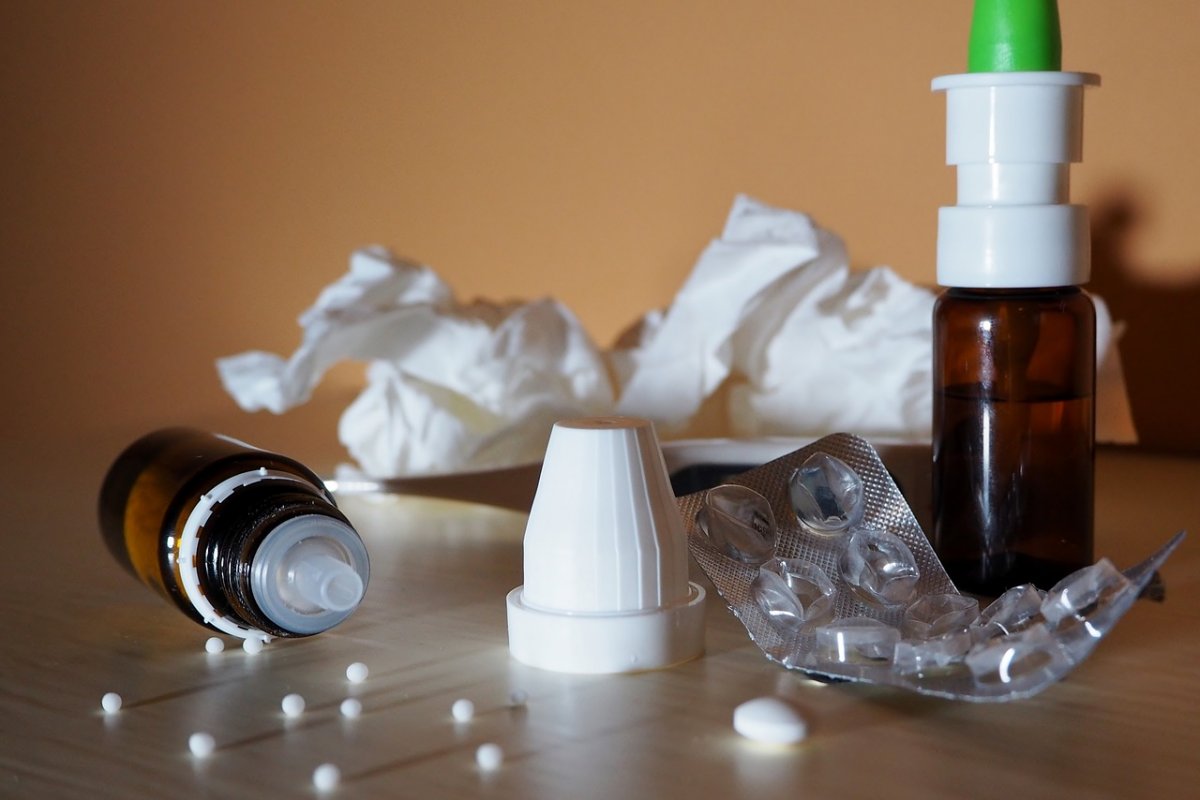
There is less and less talk about the coronavirus, but people still get sick, albeit in most cases in a milder form.
Many remember the initial symptoms that people experienced when infected with COVID-19 at the beginning of the pandemic. Then the loss of smell almost one hundred percent indicated that the person had contracted covid.
Since then, both the initial signs and side effects have continued to change due to mutations, as well as the introduction of vaccines.
Experts warn that a variant of XBB.1.15, dubbed Kraken, is potentially more contagious than other forms of the disease.
The World Health Organization (WHO) has stated that XBB.1.5 has a “growth advantage” over other registered variants. For example, it now accounts for about 28 percent of all Covid cases in the US. This sub-variant of Omicron has been identified in 70 countries.
The symptoms of XBB.1.15 are more like a cold than the flu, according to medical experts. This is especially true for patients who have been vaccinated or have previously had COVID-19 (any variant).
Last October, the ZOE Health Study collected patient reports of the five most common symptoms of omicron :
- Rhinitis
- Headache
- Fatigue
- Sneezing
- Sore throat.
As of December 2022, the most common Covid symptoms were:
- Sore throat< /li>
- Rhinitis
- Stuffy nose
- Sneezing
- Cough without phlegm
- Headache
- Cough with phlegm
- Hoarse voice
- Muscular aches and pains
- Altered sense of smell.
Other Covid symptoms to watch out for:
- Fever or chills
- Continuous cough
- Shortness of breath
- Loss of appetite
- Diarrhea
- Feeling unwell
- Nausea
Read also: Millions of people risk developing diabetes if they catch a common viral infection.
South African doctors: symptoms of omicron-coronavirus become milder
Read next: Five bright signs diabetes, which appear in the morning.
80% of suspected flu is caused by herpes simplex
You can also read: What to do if the doctor diagnosed “suspected cancer”: an algorithm of actions.
Important! This information is provided for reference only. Ask a specialist about contraindications and side effects and under no circumstances self-medicate. At the first sign of illness, consult a doctor.
